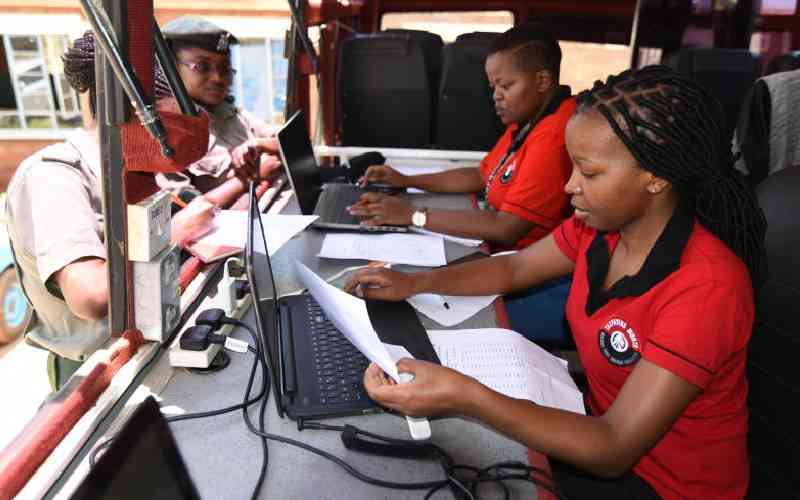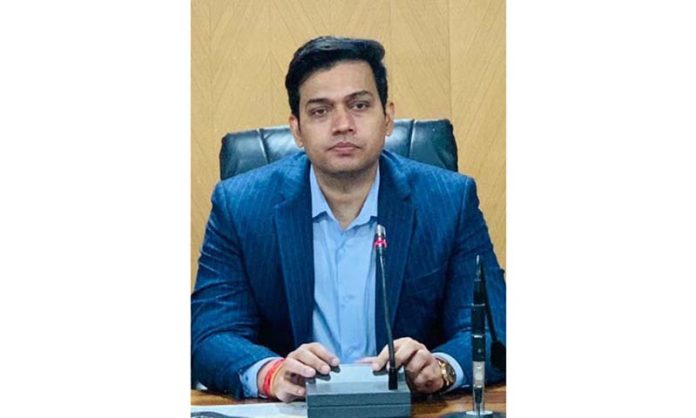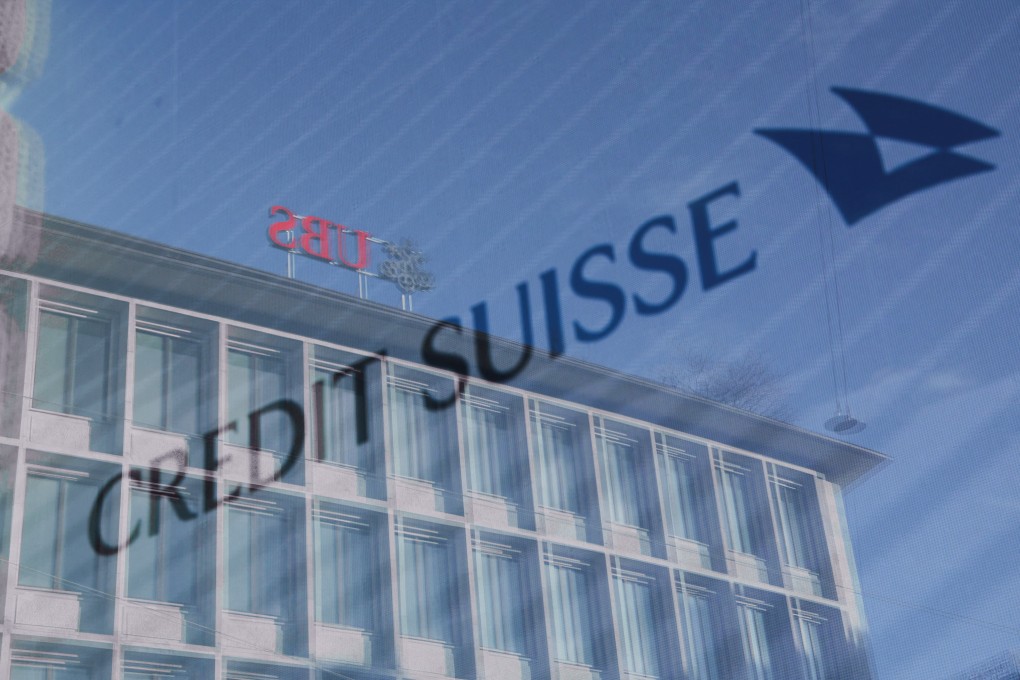
For the best experience, please enable JavaScript in your browser settings. Salaried workers have been offered relief as Kenya Revenue Authority ( KRA ) issued guidelines on how to calculate Pay As You Earn (Paye) following enactment of the Tax Laws (Amendment) Act, 2024. KRA in the guidelines listed the Affordable Housing Levy (AHL), the Social Health Insurance Fund (Shif), and post retirement medical fund up to a limit of Sh15,000 per month as deductible amounts.
The taxman also listed mortgage interest for amounts not exceeding Sh360,000 a year which is a monthly limit of Sh30,000 and contribution made to a registered pension or provident fund capped at Sh360,000 a year, which is Sh30,000 a month. As a result, individuals can now deduct a higher amount of interest paid on loans for the purchase or improvement of their residential properties when calculating their taxable income. This is expected to incentivise home ownership and is aligned with the housing and settlement pillar of the Bottom-up Economic Transformation Agenda.

Making these amounts deductible improves workers take home unlike before when the same were used to determine Paye. This means these amounts will be subtracted from the gross income in order to calculate what a worker owes in taxes. Both Shif, formerly known as National Health Insurance Fund (NHIF) and AHL are new taxes that came into affect this year.
AHL came into affect in March after a long court battle while Shif was effected in October. Shif is tabulated at 2.75 per cent of gross pay while AHL is 1.
5 per cent of the same. At the same time, KRA has stated that reliefs associated with AHL and post-retirement medical relief fund cease to apply. These changes are to be implemented by employers starting with the December payslips.
“Kenya Revenue Authority informs employers and the public that pursuant to Tax Laws (Amendment) Act ,2024, which comes into force on December 27, 2024, the following changes shall be applicable in the computation of Paye for December 2024 and subsequent periods,” read the notice by KRA on Thursday. Further, KRA clarified that gains and profits from employment shall not include the value of a benefit, advantage or facility granted in respect to employment where the aggregate value is less than Sh60,000 a year, or Sh5,000 a month. This also includes the first Sh60,000 a year or Sh5,000 in the value of meals provided by an employer.
Previously, the limit on tax free meals provided by the employer was sh48,000 a year. Stay informed. Subscribe to our newsletter “An amount not exceeding Sh360,000 a year paid by an employer as gratuity or similar payment in respect of employment or similar services rendered for each year of service paid into a registered retirement pension scheme, “ says the taxman.
The Tax Laws (Amendment) Bill, 2024, was signed into law by President William Ruto on December 11, 2024. These changes are some of corrections the government seeks to right following the flopped Finance Bill, 2024, that Kenyans through the infamous Gen-Z movement, voiced their displeasure leading to the President not signing it into law. Legal firm Bowmans, in a tax advisory, noted that the amendments on tax free meals and gratuity is a welcome move as it reflects the increased cost of living.
“In addition, an increase in the amount an employer could contribute for an employee to a registered pension scheme is likely to incentivise (employees) to make larger pension contributions to their retirement,” said Bowmans in the analysis of the implications of the amendment. Further, making the AHL, Shif and contribution to a post-retirement medical fund subject to a limit of Sh15,000 a month addresses the negative impact of these new taxes to employees’ payslip. “This amendment addresses concerns relating to the negative impact that contributions to both the Shif and AHL have had on the net earnings of employees,” said the tax advisory firm.
As such, it means when the taxable amount will be calculated, it will be less these deductions. This then improves what workers take home. For example, for someone making Sh50,000, not all this amount will be subjected in calculating PAYE as it has been the case.
Instead, the taxable amount will be Sh50,000 less 1.5 per cent as AHL (which is Sh750), 2.75 per cent for Shif (Sh1,375) and post-retirement medical fund (if any) to a limit of Sh15,000 a month.
Apart from these three deductions, National Social Security Fund (NSSF) is also tax deductible. This means for a worker earning Sh50,000, the taxable income will be Sh45,715 after NSSF, Shif, and AHL deductions. “This will lead to a reduction in the Pay As You Earn payable by employees and, therefore, ultimately lead to an increase in the net pay of employees,” said Bowmans.
Cotu secretary general Atwoli welcomed the amendments, saying this will ease the financial burden on salaried workers who have in the past borne the weight of double taxation. “This practice had been eroding workers’ disposable income and reducing their take-home pay, leaving them with less to meet their day to day demands,” Atwoli said in a statement Friday. He said, for workers this translates to better-looking payslips and frees up additional income, thereby boosting their ability to provide for their families and contribute to the economy.
Prior to the passage of the Bill, the National Assembly Committee on Finance and National Planning had concluded public participation on November 28, and by the next sitting on December 3, a report had been tabled before the House for consideration. MPs then proceeded to debate the Bills on December 4. “We have passed very progressive laws.
The payslips of Kenyans are now going to look better because of the allowances we have given on these statutory deductions. “Our pensioners will get rebates from pension payments, and people can now contribute to their post-medical insurance. We have also ensured that data and airtime will continue to be affordable in this country,” said the committee chair Kimani Kuria.
“These reports have demonstrated again that public participation was not an exercise in futility. The views we collected from Kenyans, we have tried to the best extent possible to accommodate them.”.








.jpg?itok=OVTVe0JY)





